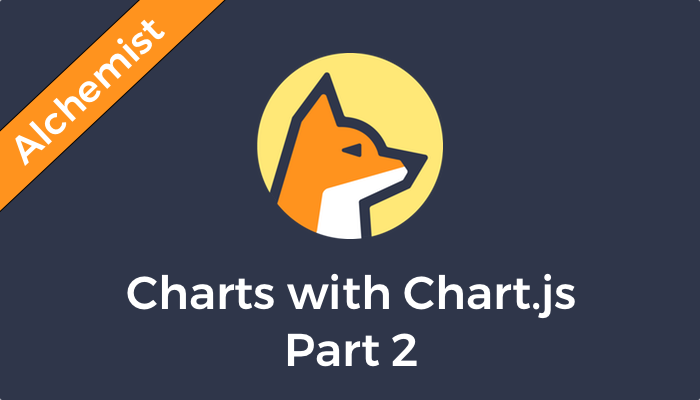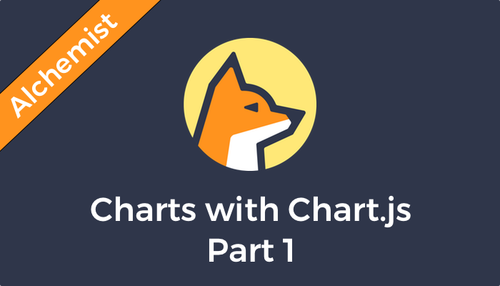Learn Elixir
& Phoenix
ElixirCasts makes it easy to learn how to build applications with Elixir and Phoenix
Watch or Read
The best of both worlds. Every episode includes a video tutorial and a full transcript.
200+ Episodes
Every episode delivers hands-on, real-world examples you can use.
Stay Current
Continually updated with episodes that showcase the latest in the Elixir ecosystem.
Latest Episodes

#42: User Authentication with Phoenix
In this episode we’ll add user authentication to a Phoenix application. We’ll create forms that allow users to sign up and sign in. Then we’ll see how we can require users to authenticate before accessing certain controller actions.

Alchemist's Edition
#41: File Uploads with Arc
If you’ve needed to upload and transform images in your Phoenix application this episode’s for you. We’ll use Arc to create multiple versions of our files and upload them to Amazon S3.

#40: Simple Search Form with Phoenix
In this episode we’ll add a simple search form to a Phoenix application. We’ll use Ecto to build our search query, along with PostgreSQL’s ‘ilike’ to make our search case-insensitive.

Alchemist's Edition
#39: Accepting Payments with Stripe
In this episode we’ll learn how to accept payments using Stripe. We’ll integrate Stripe Checkout into an existing Phoenix application in order to easily accept payment and shipping information.

#38: Chat Room in 8 Minutes
One of the great features of Phoenix is how easily it allows developers to include realtime functionality in applications. In this episode we’ll use Channels to build a simple chat application in 8 minutes.

Alchemist's Edition
#37: Charts with Chart.js Part 2
In this episode we’ll take what we did in Charts with Chart.js Part 1 and build on it. Let’s take advantage of Phoenix and use Channels to make our chart update in realtime.

Alchemist's Edition
#36: Charts with Chart.js Part 1
In Part 1 of this series we’ll set the foundation by building a simple chart using the chart.js library. Our chart will display a static count of our movie genres.
#35: Gravatar with Phoenix
Gravatar is a great way to easily display avatars. In this episode we’ll create simple helper function that we’ll use to display a user’s Gravatar.

#34: Elixir Guards
In this episode we take a look at guards and how we can use them in Elixir. We’ll start by using guards with functions to see how they work. Then we’ll extract them into custom guards with defguard.
